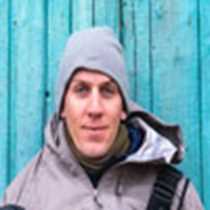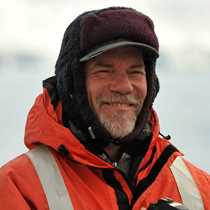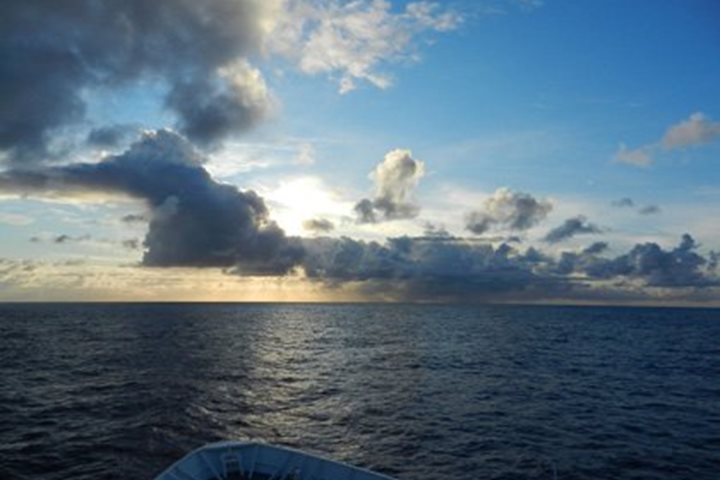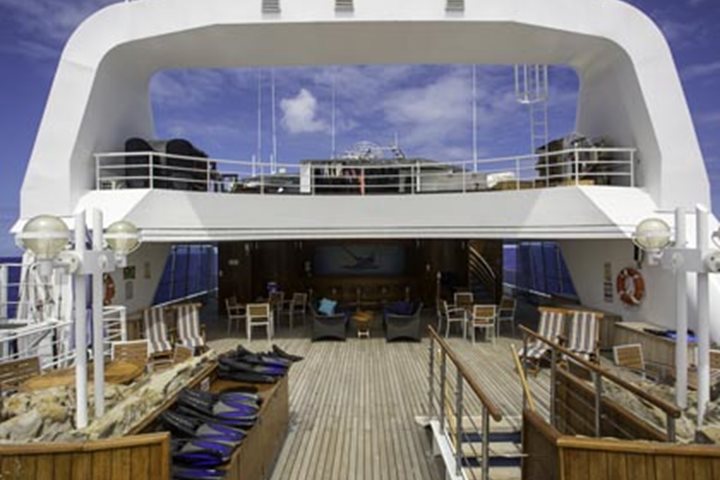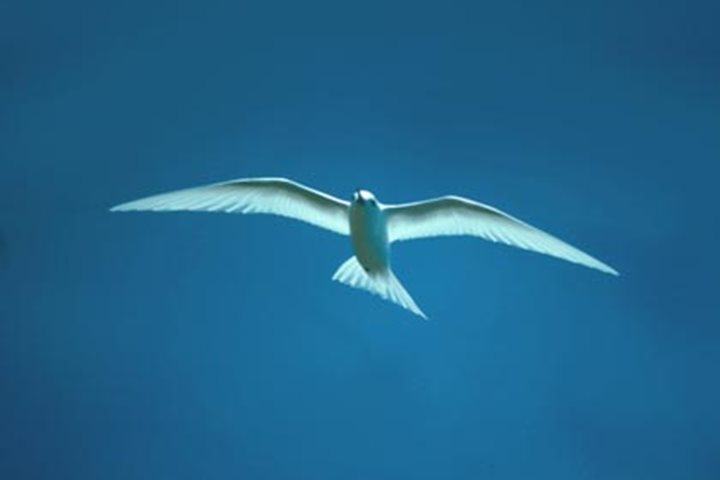As the first dawn light breaks across the horizon, the National Geographic Orion sails through the narrow passage of the Fakarava Atoll. As we prepare to embark on our trusty Zodiacs for the journey to shore, the rhythmic beat of the drums breaks the early morning silence.
As we approached the shoreline the drums grow louder and louder. Disembarking from our Zodiacs we were met with ceremonial dress and wide smiles. The local people have gathered to put on a heartfelt welcome. Escaping the bite of the morning’s tropical sun, we shelter under a traditional thatched roof hut. In one corner, dressed in rich green garments, the men of the village play traditional drums and stringed instruments. Three girls clothed in traditional foliage skirts and adorned with flowers and braids welcome us with ceremonial dances.
As the dances draw to a close we set out on foot and bicycle to explore the island. The scene is truly beautiful. Fakarava has been isolated for so long; there are no resorts, no large buildings. Just endless smiles, white sandy beaches and turquoise waters lapping against the sand.
As we assemble ready to embark our Zodiacs and return the National Geographic Orion we are spoiled with banquet of local foods. Every imaginable preparation of coconut and local fish is offered on palm leaves under shade of the ceremonial hut. Our thirsts are quenched from the midday sun by the sweet coconut water that we drink directly from the nuts.
The divers returned from their drift dive along the atolls channel after lunch. This place can only be dived during the slack tide when the movement of water has abated. Our undersea specialist Caitlyn shows us her amazing video footage from the dive. Great schools of goatfish give way to sharks. Surrounding the divers, white tip reef sharks and gray reef sharks patrol the channel entrance seemingly waiting for the water movement to return. Our dive master Johanna recounted a moment in the dive where she saw 40 gray reef sharks in one instance. The high number of top order predators here is indicative of the pristine nature of the Fakarava and the health of the coral reef system. This place is truly a pristine sea.



